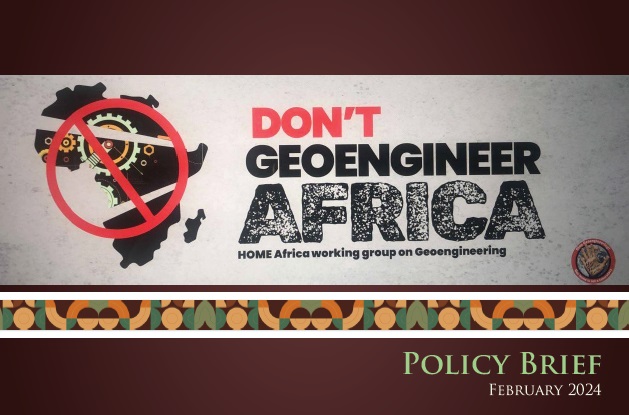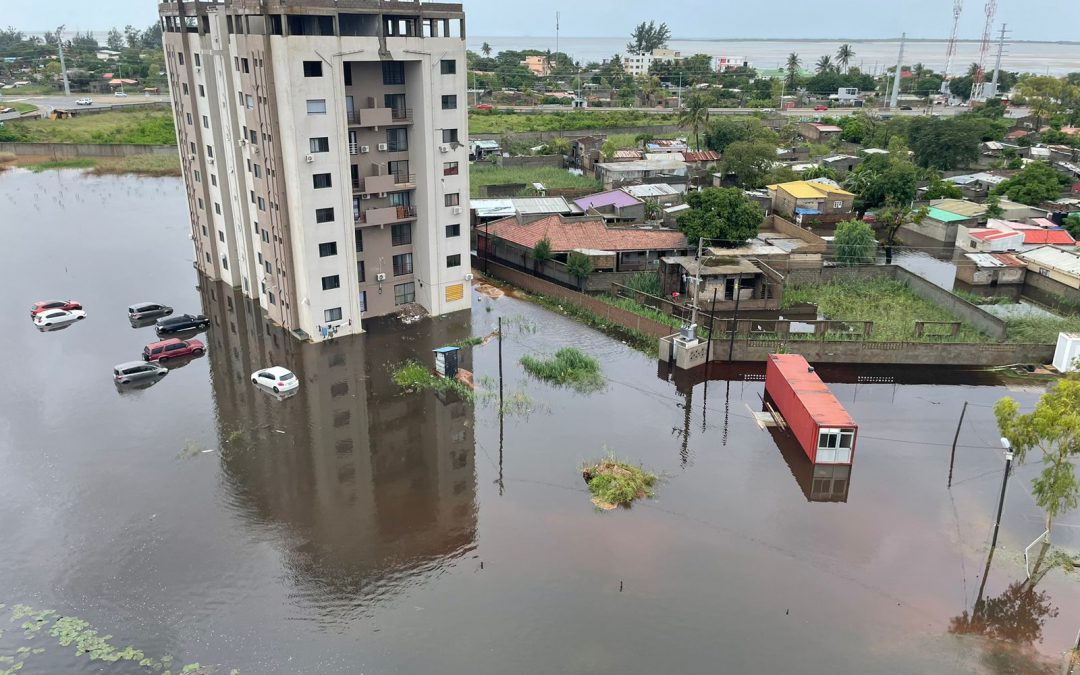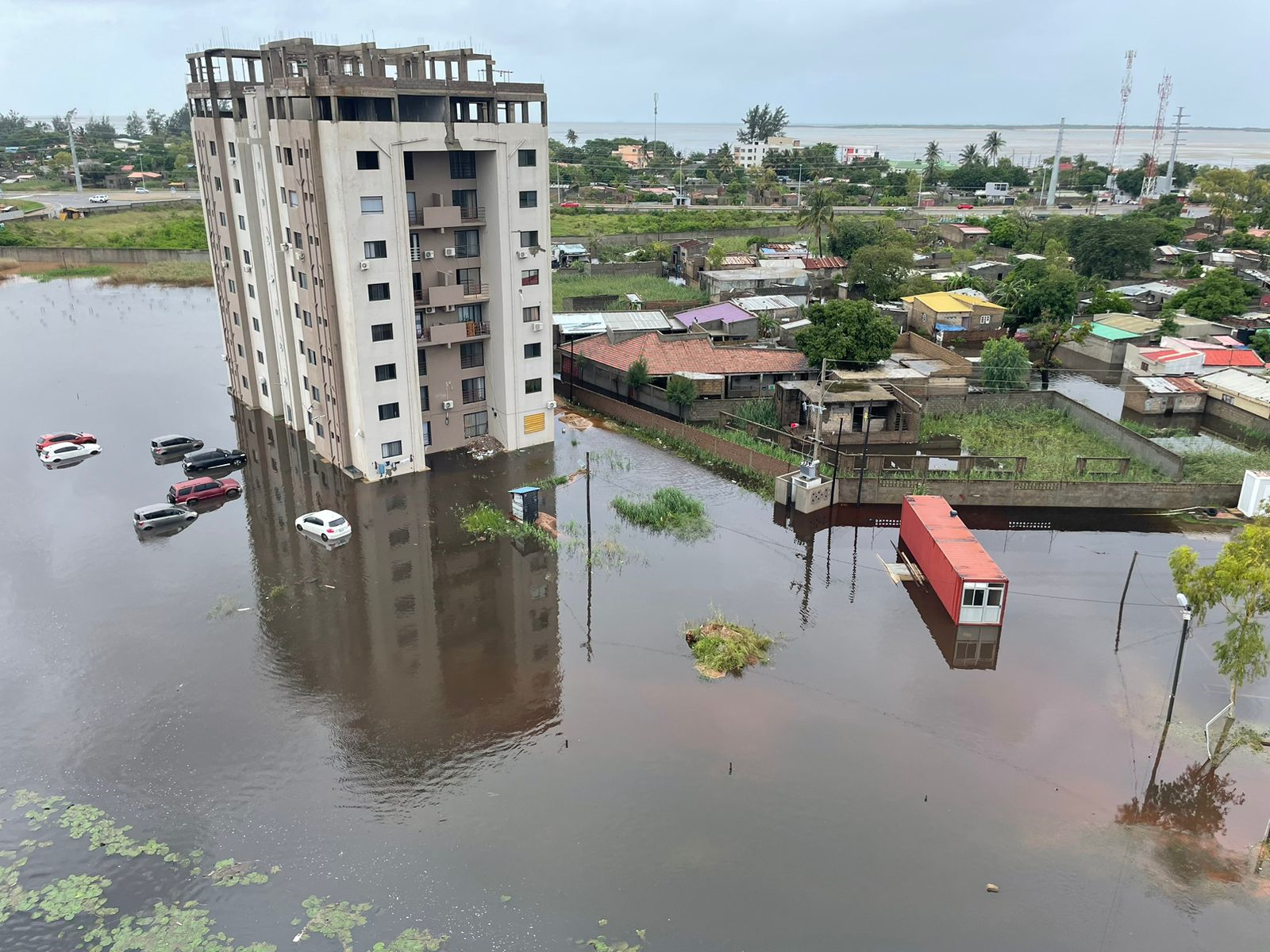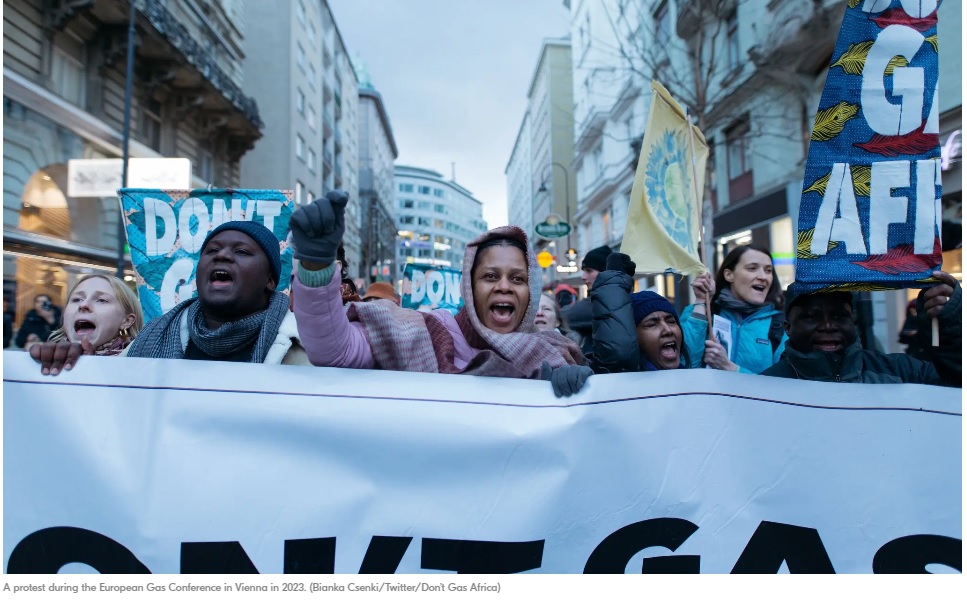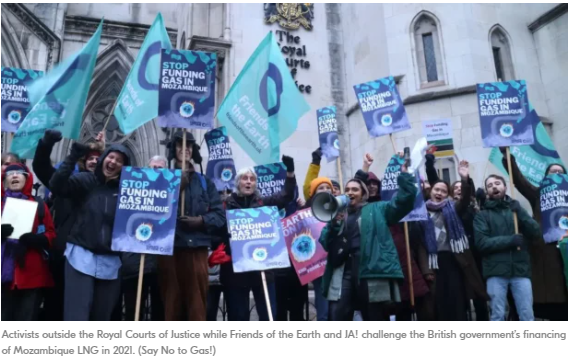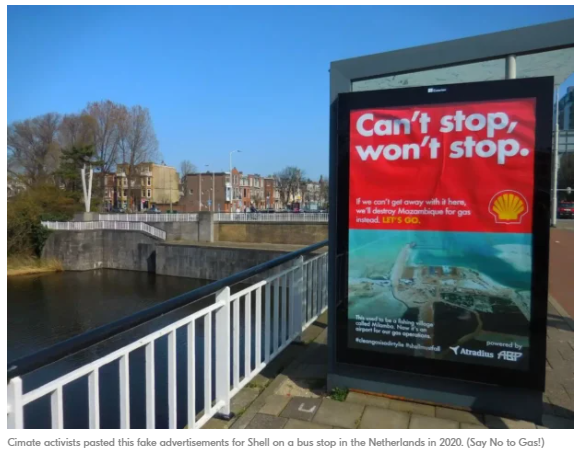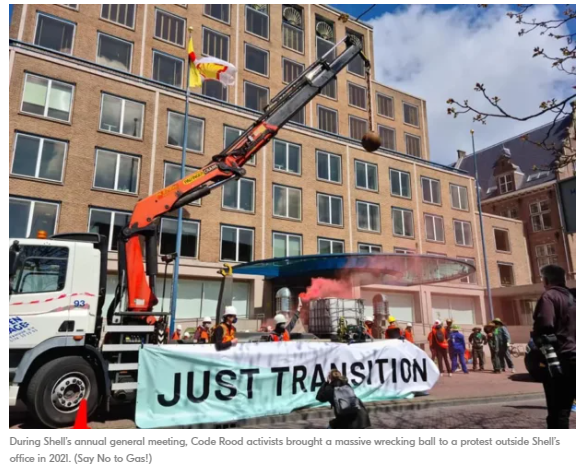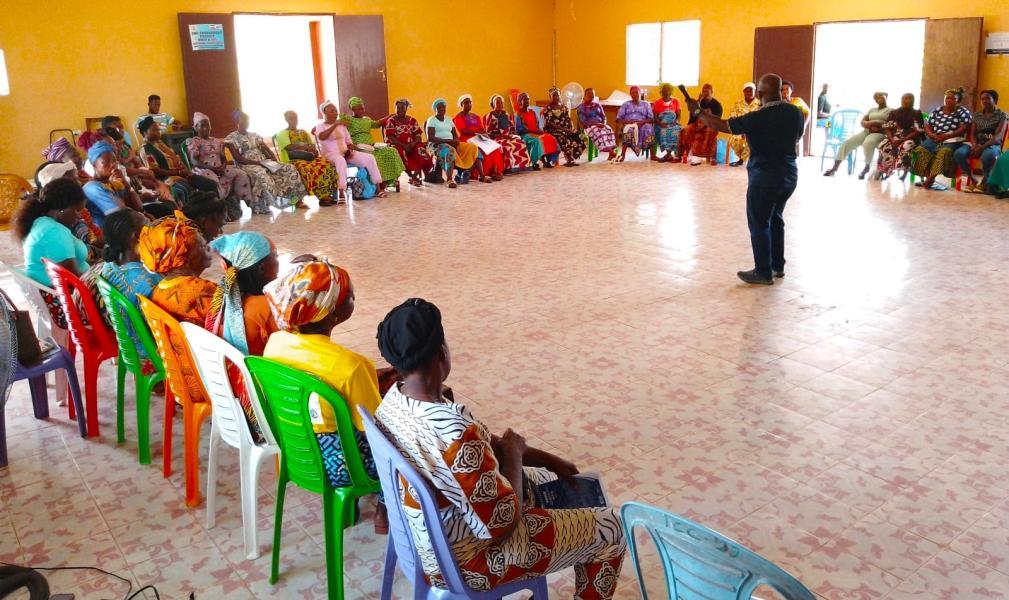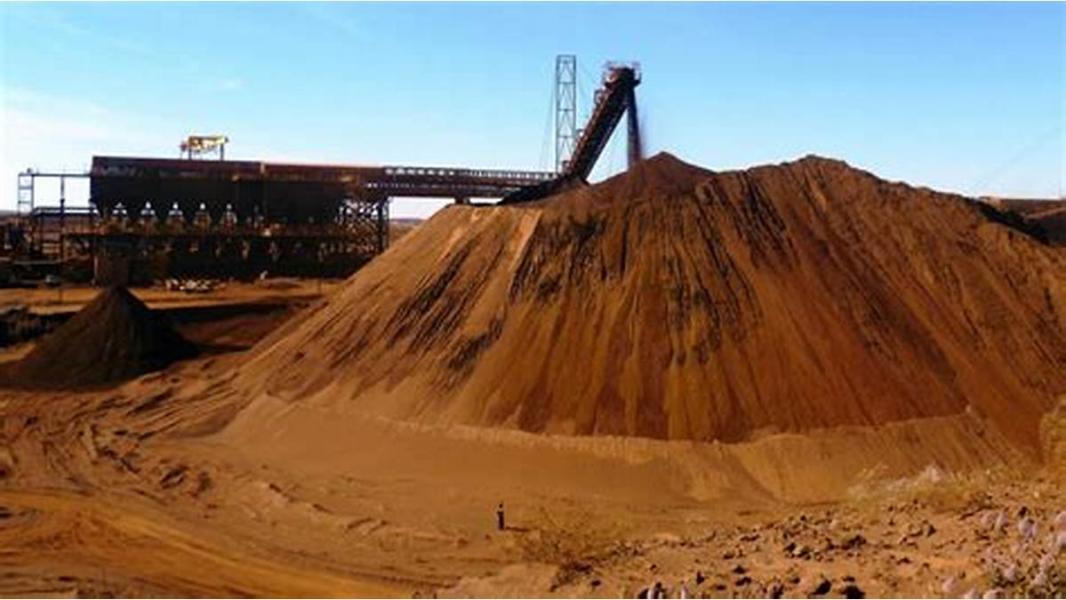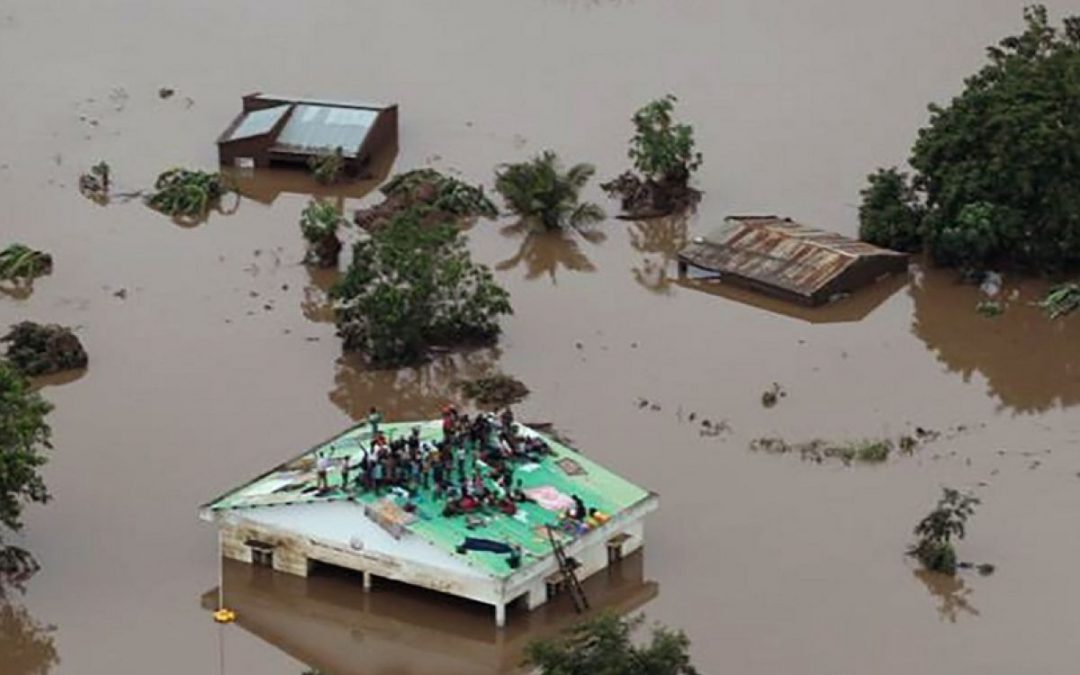
Our Vulnerability is not overstated! African cities are underwater again
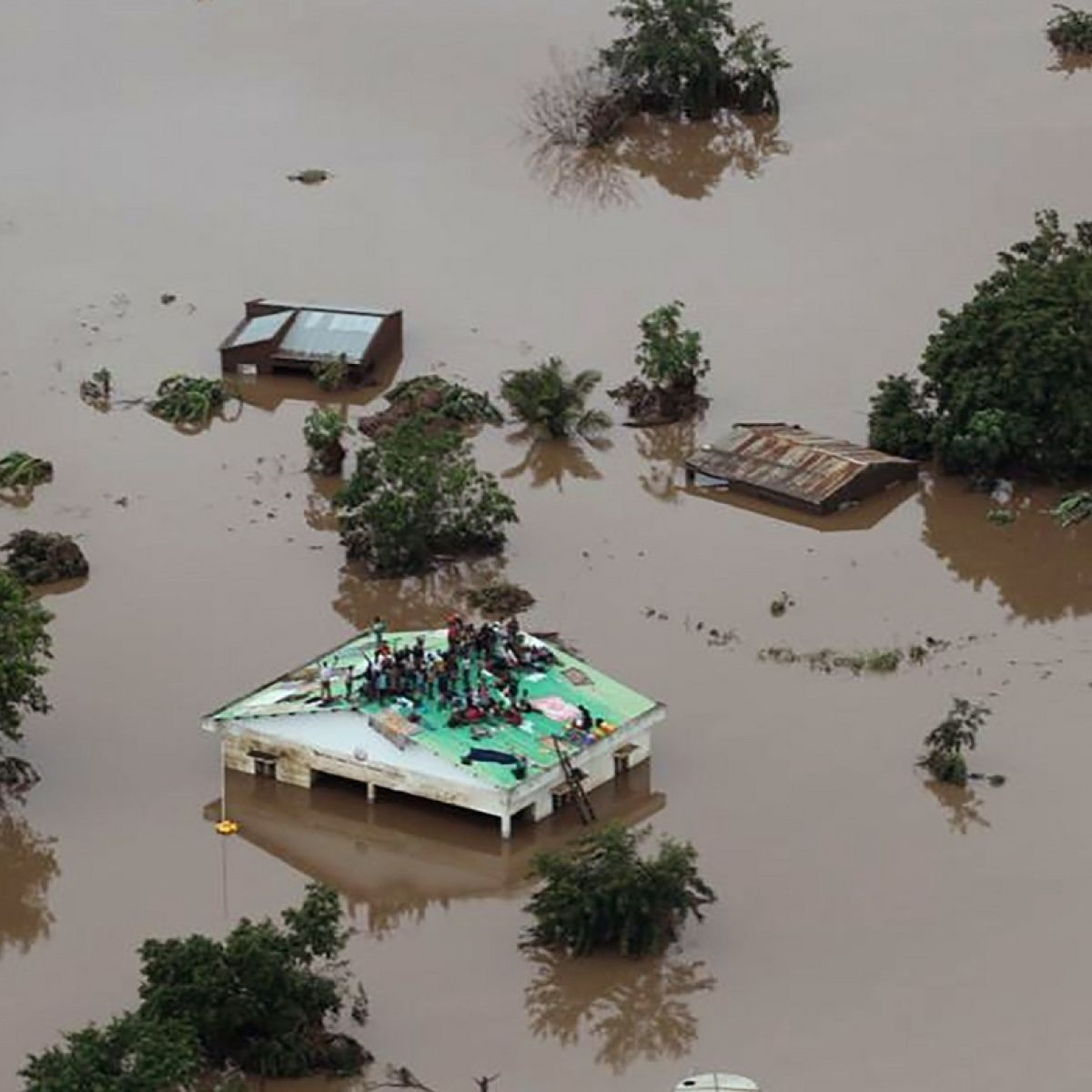
In March 2024, we issued a statement following the devastating floods in Mozambique two weeks after being hit by Tropical Storm Filipo. Well, over[1] 56,000 people and 10,000 families suffered losses and injuries, with two deaths reported.
Today, a few weeks after the case in Mozambique, Kenya, Tanzania, Somalia, Ethiopia, and Rwanda are suffering a similar fate owing to days of heavy rainfall and flooding. In Kenya, over 200 people have perished in the floods, the Nakuru Dam[2] burst after rain-swept debris blocked the channel and countless others have lost their livelihoods, homes, and resources. In Tanzania, the rains resulted in the deaths of about 155 people and 236 others injured, while 39,185 people (8,011 households) were affected by flood hazards in 14 districts in Uganda[3].
According to the International Organization on Migration (IOM)[4], over 630,000 people have been affected including 234,000 displaced as of 3, May 2024, but the numbers are on the rise, says the UN Office for Coordination of Humanitarian Affairs.
This unprecedented and devastating climate change-induced flooding, landslides, mudslides, and the destruction of private and public infrastructure including houses, offices, farms, and roads across these countries exposed (yet again) the dangers of our fossil fuel-addicted model of development. The lack of adaptative capacity of our cities and territories, and the lack of preparedness by the governments of these African states and world leaders alike to address humanitarian disasters like this has made the impacts more grievous for the people, especially the poorest and most vulnerable ones.
Even with records of intense floods and heat waves from the past 5 years, the governments of the impacted African countries have done little or nothing beyond early warning by their various Meteorological Department.
Our comrades in the Rio Grande do Sul state in Brazil’s southernmost are facing unprecedented floods. More than 53% of 497 municipalities were affected. 40 deaths have been recorded so far 68 people are missing, and countless animals lost.
According to available and widely accepted science, for Africa and the world to have a liveable planet, where global average temperatures are kept well below 1.5 degrees centigrade, we all know that there can be no new fossil fuel projects. But this has yet to be the case. We have seen new fossil fuel deals signed around the world, and the scramble for Africa and her resources has continued unabated. Currently, at 1.3 degrees Celsius, Africans are already suffering grave impacts from climate change. What will be the impact when we cross this threshold?
That Africa is said to be vulnerable to climate change impacts is not overstated: we truly are! We have contributed the least to the climate crisis while those who have a historical responsibility for the already exceeded carbon budget have refused to do their fair share by paying the climate debt to us – in the form of climate finance (grants not loans) for reparations, adaptation, and mitigation.
In the wake of ongoing floods and disasters in Africa, Brazil, and elsewhere in the Global South, the mere pennies available for climate loss and damage is a slap in the face to people suffering the consequences. There can be no more delays and no more excuses. The governments of the Global North need to pay their fair share for causing these climate disasters and pay up for mitigation, adaptation, and Loss and Damage in the Global South. We need public, predictable, adequate, and additional finance now. Where there is no climate finance, there is no climate justice says Tyler Booth, Friends of The Earth International Climate Justice and Energy Programme Coordinator .
Friends of the Earth Africa is saying that Africa must define how the transition from fossil fuels to clean renewables should happen. New sacrifice zones must not be created in the name of exploiting critical minerals on the African continent or in search of gas as a transition fuel.
This is an opportune time to highlight the need to transition away from our current model of economic activity and societal functioning. A just transition is an all-of-society shift to a world of fairness, justice, and equity. We demand clean energy for all, fair wages and opportunities to work, a remodeled global economic infrastructure, and reparations from the corporations and governments that have created the climate crisis. The unsustainability of our current system is evident and we need action before the window of opportunity is lost.
Yegeshni Moodley, Friends of the Earth Africa, CJE Steering Group Member.
We are calling on all comrades across the globe: Do not relent in this fight for climate justice. This climate emergency demands the mobilization of internationalist solidarity for care for the displaced and the reconstruction of the cities in the face of the inability of our states to respond adequately to these disasters. This climate emergency demands us to see and collectively address the roots of this crisis, demanding systemic changes that lead us away from corporate-led models of development, and towards people-centered and rights-based alternatives.
For further communication:
Nerisha Baldevu
Friends of the Earth Africa
Regional Facilitator
nerisha@foei.org
[1] https://reliefweb.int/report/mozambique/mozambique-storm-season-2024-central-southern-regions-shelter-nfi-cluster-updates-16-march-2024
[2] https://www.downtoearth.org.in/news/africa/kenya-why-did-the-nakuru-dam-burst-channel-blocked-by-rain-swept-debris-the-reason-says-government-95911
[3] https://reliefweb.int/report/uganda/uganda-flood-05-2024-uganda-may-2024-floods-2024-05-12
[4] https://www.iom.int/news/floods-displace-thousands-east-africa-iom-calls-sustained-efforts-address-climate-mobility
——————————————————-
Photo credi: nextradio.ug.org

